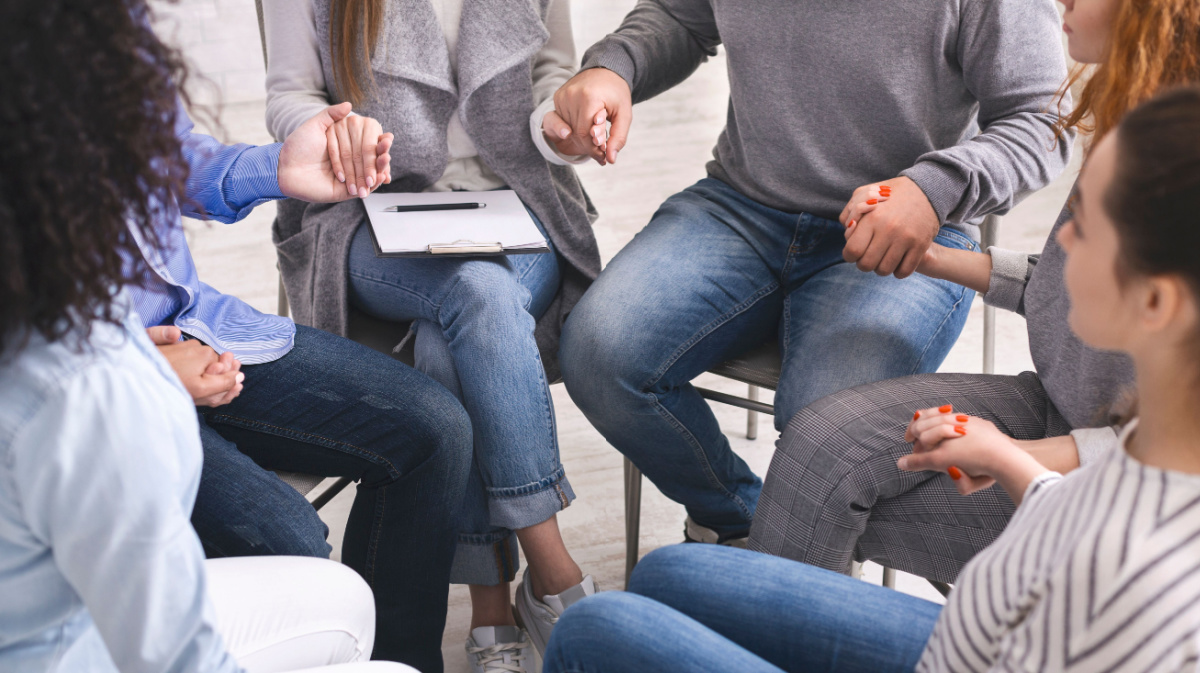Recovering from problem gambling is a journey that can often feel overwhelming and lonely. But it’s important to remember that you’re not alone. A robust support network can make a significant difference in your recovery process, providing encouragement, understanding, and practical help when you need it most. The importance of identifying your support network during your recovery from problem gambling should never go understated. We’ll discuss how to not only identify but stay connected to a support group that makes a meaningful difference in your life.
The Importance of a Support Network in Recovery
A robust support network is critical in the recovery journey from problem gambling. This network provides emotional, moral, and sometimes financial support to individuals grappling with the issue. It’s often easier to fight a battle when you know people are rooting for you, ready to lend a listening ear or share their own experiences. In essence, a support network serves as a safety net, providing the strength and resources necessary for overcoming problem gambling.
Role of Family and Friends in Your Recovery Journey
Family and friends play an indispensable role in the recovery journey from problem gambling. They often serve as the first line of support, providing both emotional comfort and practical assistance. Understanding and patience from family and friends can make a significant difference in how individuals cope with their recovery process. They can help monitor behaviors, provide encouragement during tough times, and celebrate victories, no matter how small. Moreover, they can assist in keeping the recovering individual engaged in engaging activities, reducing the potential for relapse. While the path to recovery can be challenging for everyone involved, consistent support from loved ones can be a powerful beacon of hope and strength.
Professional Help: Therapists and Support Groups
Therapists, especially those specializing in problem gambling, bring a wealth of knowledge and expertise to guide individuals through their recovery journey. They can provide strategies for coping with urges, managing stress, and addressing underlying issues that may contribute to problem gambling. Cognitive-behavioral therapy, for instance, has proven particularly effective in helping individuals understand and change thought patterns that lead to harmful behaviors.
On the other hand, support groups offer a safe and understanding environment where individuals can share experiences, gain insights, and receive encouragement from peers who are going through similar struggles. Participating in these groups and getting professional help can help outline responsible gambling techniques and can significantly reduce feelings of isolation, instill a sense of hope, and provide practical tools for maintaining a comfortable lifestyle. Together, therapists and support groups create a comprehensive support system that fosters resilience and long-term recovery.
Online Communities: A Source of Anonymous Support
Online platforms can provide a sense of community and understanding that can be incredibly comforting for individuals who may feel isolated or stigmatized by their struggles. Online forums, chat rooms, and social media groups connect people from all over the world who are facing similar challenges. They offer a safe space to share personal experiences, seek advice, and gain reassurance without fear of judgment or embarrassment.
Anonymous online support, such as Gamblers Anonymous’ online help meetings, provides an additional layer of comfort for those who prefer to maintain their privacy while seeking help. These platforms enable individuals to actively participate in recovery programs from the comfort of their own homes, making support accessible anytime, anywhere. This flexibility can be particularly beneficial for those who may not have access to in-person support groups or therapy services in their area.

Staying Connected with Your Support Network
Staying connected with your support network is vital during recovery from problem gambling. Fortunately, we live in a digital age where maintaining these connections can be as simple as sending a text message or scheduling a video call. Regular check-ins with your loved ones — be it daily, weekly, or whatever frequency suits you — can help you feel connected and supported. These conversations don’t always have to revolve around your recovery; just talking about everyday happenings can strengthen your bond and provide a sense of normalcy.
Social media can also be a great tool to stay connected but remember to use it mindfully. Joining online communities related to recovery can provide additional support and resources. Furthermore, consider scheduling regular appointments with your therapist or counselor, even if you’re feeling good. They can provide ongoing guidance and strategies to maintain your progress. If you’re part of a support group, prioritize the meetings. The shared experiences can be incredibly empowering and comforting.
Utilize 800-GAMBLER and Properly Recover Today
Identifying and maintaining a solid support network is a critical component of successful recovery from problem gambling. Remember, you are not alone in this journey. Reach out to loved ones, therapists, support groups, and online communities who understand what you’re going through and can provide invaluable guidance and encouragement. Don’t shy away from seeking help — it’s a sign of strength, not weakness.
Begin taking action today with 800-GAMBLER. Call our 24/7 confidential helpline at 1-800-GAMBLER and speak to a representative who can help you find and cultivate a support system that gets you one step closer to recovery.



